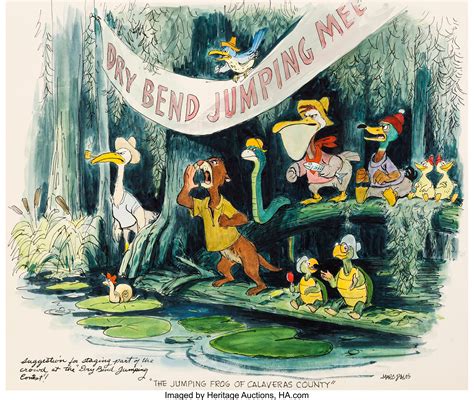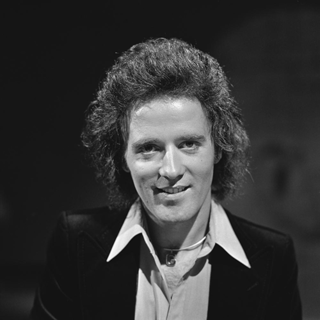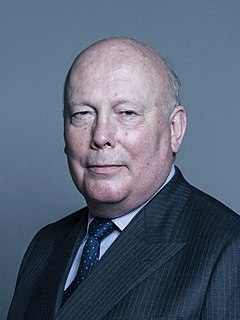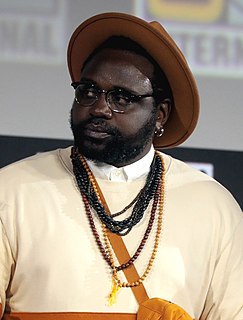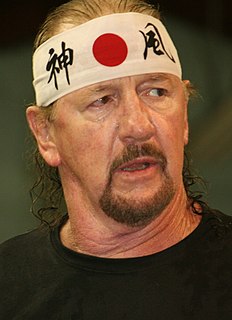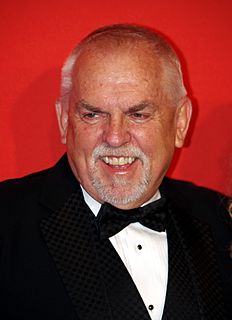A Quote by Marc Davis
Later, my father died up in Marysville. So, my mother and I got in the car and came down to Hollywood.
Related Quotes
I was one of six children, brought up by my mother in Swindon after my father died. We had all we needed - food on the table, clothes to wear. When I wanted a drum kit, my mother got me one. When I got into playing guitar, I came down one Christmas or birthday and there was a guitar for me. It amazes me how Mum managed to do it.
My father died when I was 10; my sister got polio a couple of years later and was paralyzed. So there I was - my sister in a wheel chair, my father gone, and my mother a quiet little mouse. You see, it was the '30s in the South, so my mother was not prepared to cope. So I was scared to death. And being that scared, everything afterward became a struggle not to go down the drain. Struggling became a way of life for me.
My father died at 42, of a heart attack. My mother was 32 then. She never wanted to be a victim. And that really resonated as a nine-year-old child. And one of the most revealing things was, very soon after my father died - he was in real estate and he owned some modest buildings - they came to my mother, the men that worked for him, and they said, "You don't have to worry. We will run the business and we will take care of you." And my mother said, "No, you won't. You will teach me how to run the business and I will take care of it and my children."
When my father finally got around to teaching me to drive, he was impressed at my "natural" talent for driving, not knowing that I had already been secretly driving my mother's car around the neighborhood. When I took the test and got my license and my father gave me my own set of keys to the car one night at dinner, it was a major rite of passage for him and my mother. Their perception of me had changed and was formally acknowledged. For me the occasion meant a private sanction to do in public what I had already been doing in secret.
My first match was against Sputnik Monroe at the Amarillo Sports Arena. It was scheduled for only ten minutes. Sputnik got me down and was on top of me for the first eight minutes. My father came running down to the ring and yelled for me to get up. I don't know how I got up but I did. I was a lot more scared of my father than I was Sputnik.
My father had the most horrible racist rhetoric you ever heard, but he treated people all the same. I remember this rainstorm. A car broke down with these black people in it, and nobody would stop. My dad was a mechanic. He fixed the car for nothing. I remember looking at him when he got back in. He said, 'Well, they got those kids in the car.'
One of the high points in my career came from a time I had with Tim Conway on a film when I had him fall down with laughter. I had this scene with him where I was this mechanic down fixing his car. I can't remember what my line was as written, but they were okay with me doing a made-up line. So Tim asks me what's wrong with his car, and I look up and say, "Well, looks like you got a squirrel caught up in there."
